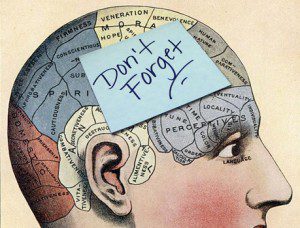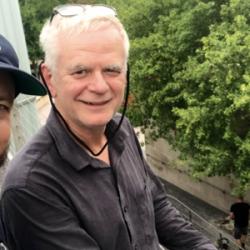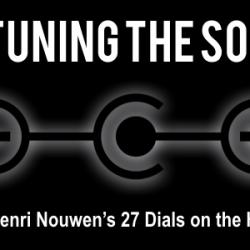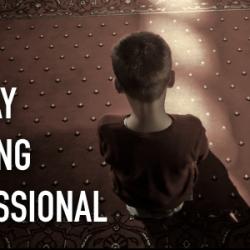 “One way or another, we are always remembering… there is no escaping it even if we want to, or at least no escaping it for long, though God knows there are times when we try to, don’t want to remember. In one sense the past is dead and gone, never to be repeated, over and done with, but in another sense, it is of course not done with at all or at least not done with us…” Frederick Buechner, A Room Called Remember.
“One way or another, we are always remembering… there is no escaping it even if we want to, or at least no escaping it for long, though God knows there are times when we try to, don’t want to remember. In one sense the past is dead and gone, never to be repeated, over and done with, but in another sense, it is of course not done with at all or at least not done with us…” Frederick Buechner, A Room Called Remember.
I confess that the past few days have led me to question one of the fundamental teachings of Richard Rohr. Rohr has often said that God is really only present in the naked now. To experience God, we must stop reprocessing the past and dreaming about the future and be here and now, in the presence of God. He calls this prayer. While I most certainly agree that this is prayer, I think it more accurate to say this is one kind of prayer, one way that God meets us. It is important, but is not the full picture of prayer, nor is it the most important kind of prayer. There is no such thing because all of the forms prayer might take must work together.
I confess that I spent much of my week reading and thinking about human memory, remembering, and forgetting. I read an awful lot of Miroslav Volf, who has written extensively on healthy and unhealthy remembering and forgetting. I read and reread an essay called “A Room Called Remember,” by Frederick Buechner. Buechner is a singular argument for the necessity of remembering. The essay is prophetic, compelling. This has been one of the more enjoyable theological tangents I’ve explored in awhile.
I confess that I am struck by the fundamental bind memory presents:
- Memories do not exist like video clips on the hard drive of your mind, waiting to be played back. Memories are complex and multi sensory, coded and stored all around the brain. Every memory is a reconstruction.
- Memories will dissipate unless they are reconstructed somewhat regularly. The only way to keep a memory is to reconstruct that memory repeatedly.
- However, the act of reconstructing a memory changes it–fundamentally. One doesn’t access the original file and make the reconstruction of the memory from scratch. Every time we reconstruct a memory, we add to it (or subtract). This means that each time we remember an event, we are remembering not only the event, but every time we have remembered that event before.
All human memory is incredibly unreliable–comically so. And yet remembering is a fundamentally human, humane, and humanizing act. Perhaps this is why the word zakar which we translate as remember appears 236 times in the Old Testament. The word shakach which we translate as forget appears 102. God was very concerned about memory, and God has been very involved in memory. Right remembering is an incredibly important part of what it means to be the people of God, which is made difficult because of our faulty memory. So, we need each other–the church–in order to remember rightly. Memory has to be done in community if we want to remember with anything approaching faithfulness. We need the scriptures and the traditions of the church. We need to worship. And we especially need the prophets to pull us back to a faithful memory of who God is, and who we are. And we need each other.
Volf insists that not all forgetting is bad, and not all remembering is good, which seems right. But the converse is also true. The past is never done with us. But is the past devoid of the presence of God? Can we experience God’s presence through memory? I think we have to say yes.
Rohr resists any pull toward reprocessing a shameful past or dreaming about an idyllic future, advocating meditation as a means of experiencing God in the naked now. And He’s right about the shame & the idyll. But God can be experienced in the memory of the past. God can be experienced in the dream of the future. God is not limited to the present. Our past is not something to be ignored, nor is it something devoid of redemption, love, and the presence of God.
Healthy remembering is honest and truthful about the past–truthful being the operative word. Truthful remembering often involves painful working through of old emotions and wounds. But one cannot expect to be healthy and faithful in the naked now, unless they have learned to be honest about their past. God is in the naked now, to be sure. But we must also say that God is in our remembering. God is in the future.
As Buechner wrote, we might think we are done with the past, but the past is not done with us. Remembering is an act of great hope, and an essential part of redemption. We have nothing to fear from remembering if we can learn how to do it together.











